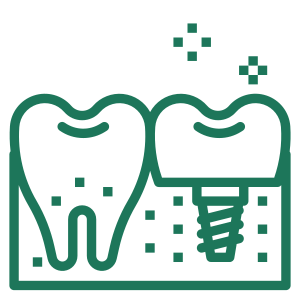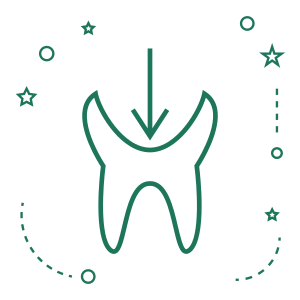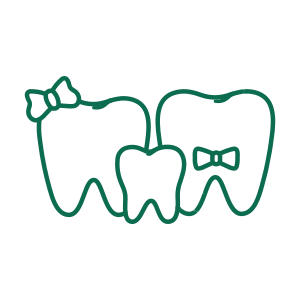We've all experienced those moments when life gets overwhelming and stress starts to creep in. Stress is a common experience in our fast-paced lives, and it can have significant impacts on our overall health, including oral health. The connection between stress and oral health problems cannot be ignored. From teeth grinding to gum disease, stress can wreak havoc on our mouths.
The Connection Between Stress and Oral Health
Stress is a common part of our daily lives, but its impact goes beyond just affecting our mental well-being. Did you know that stress can also have detrimental effects on your oral health? It's true! The connection between stress and oral health is not often discussed, but it's an important relationship to be aware of.
When we are stressed, our bodies produce higher levels of cortisol, a hormone that can wreak havoc on various systems in the body. One area that is particularly susceptible to the negative effects of stress is our mouths. Research has shown that prolonged or chronic stress can lead to a range of oral health issues.
One common problem associated with stress is teeth grinding or clenching, also known as bruxism. Many people do this unconsciously while they sleep or when they're feeling anxious. Over time, bruxism can cause tooth wear, jaw pain, headaches, and even damage to dental restorations.
Another way stress impacts oral health is through gum disease. When we are stressed, our immune system becomes compromised and less effective at fighting off infections like gingivitis or periodontal disease. Inflammation in the gums can result in bleeding gums, bad breath, and eventually tooth loss if left untreated.
Additionally, high levels of stress may lead individuals towards unhealthy coping mechanisms such as smoking or excessive alcohol consumption - both of which have harmful effects on overall oral health.
How to Manage Stress for Better Oral Health
When it comes to managing stress for better oral health, there are several strategies you can employ.
- First and foremost, finding healthy ways to cope with stress is key. This could involve engaging in regular exercise, practicing mindfulness or meditation, or even seeking therapy or counseling.
- In addition to these techniques, it's important to prioritize self-care practices that promote overall well-being. This can include getting enough sleep each night, maintaining a balanced diet rich in vitamins and minerals, and avoiding unhealthy habits such as smoking or excessive alcohol consumption.
- Another helpful tip is to establish a consistent oral hygiene routine. Brushing your teeth at least twice a day with fluoride toothpaste and flossing daily will go a long way in preventing dental problems exacerbated by stress.
- Additionally, incorporating relaxation techniques into your daily routine can be highly beneficial. Whether it's taking a warm bath before bed, listening to soothing music, or practicing deep breathing exercises throughout the day – finding moments of tranquility can help alleviate stress and its negative impact on oral health.
- Don't forget the importance of regular dental check-ups! By visiting your dentist regularly for cleanings and exams, any potential issues caused by stress can be identified early on and treated accordingly.
By consistently implementing these strategies into your life, you'll not only improve your overall well-being but also safeguard against the detrimental effects that stress can have on your oral health!
To learn more about our practice, visit Oak Tree Dental Care at 10004 Aurora Ave N Suite 14, Seattle, WA 98133, or visit our website to schedule an appointment. Our team will be happy to see you!















